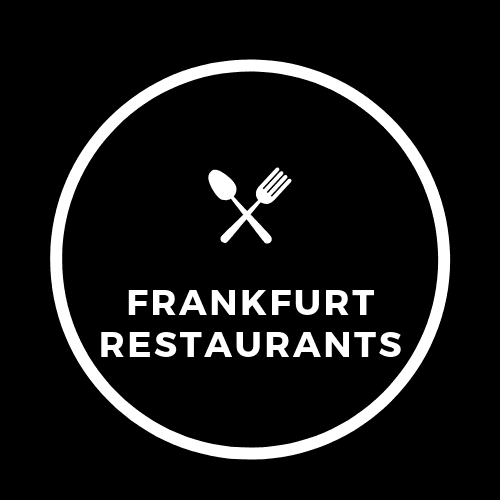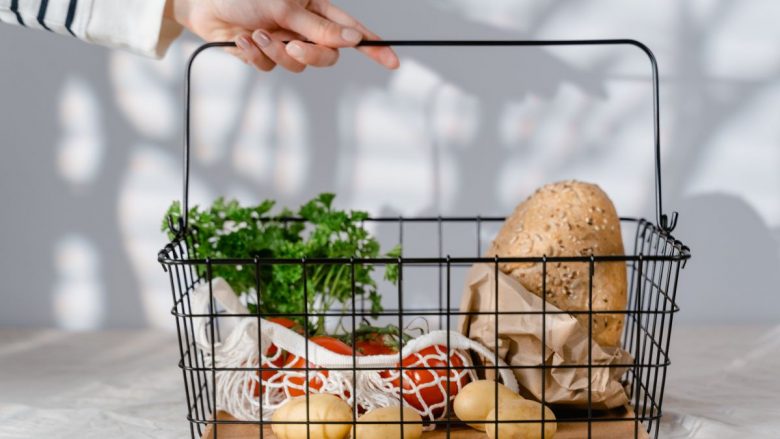Every day, food worth over 50 million euros ends up in the bin in Germany. This alarming figure clearly shows that there is an urgent need for action. Both at municipal level and through private initiatives, there are already many efforts in Frankfurt to counteract food waste. This article provides an overview of current measures and players in Frankfurt who are committed to food rescue.
Food rescue by supermarkets
The majority of wasted food in Germany ends up in supermarkets and discount stores. Food with minor blemishes or just before the best-before date (BBD) expires is often sorted out and thrown away, even though it would still be perfectly edible.to counteract this, numerous supermarket branches in Frankfurt are already working with the Foodsharing initiative. Food savers collect food that is still edible shortly before closing time and distribute it via fair distributors and social institutions.
The supermarket chain Tegut in the Rhine-Main region is also actively cooperating with the food rescuer initiative in Riederwald. As the responsible store manager Justin Dlugosch explains, it is a conscious decision by Tegut to act sustainably and avoid food waste.
Penny is also actively involved in food rescue. The discounter works with Foodsharing to hand over food that is still edible to the organization shortly before closing time. The organization then distributes the products via fair distributors and social institutions.
Penny has also introduced its own brand“Naturgut Bio-Helden“, under which it markets visually imperfect fruit and vegetables. According to its own statement, Penny also strives to avoid food waste through optimized merchandise management and needs-based ordering.
Rewe has also been trying to reduce food waste for years. Automated ordering systems and forecasting processes are used to ensure that stores are supplied with goods as required.
According to the company, Rewe and Penny are now able to sell an average of over 98 percent of their food. Unsold but still edible food is donated to food banks.
Since 2021, selected Rewe and Penny stores have also been cooperating with Foodsharing to save even more food.
Restaurants against food waste
According to a study by the Initiative Gastronomie Frankfurt, an estimated 1.9 million tons of food waste ends up in the bin in German restaurants every year. So there is considerable potential for savings here too.
The Too Good To Go app offers a smart solution. Participating restaurants and cafés offer leftover food at a reduced price shortly before closing time. In Frankfurt, over 500 businesses are already taking part in Too Good To Go – including well-known names such as Starbucks, Dean & David, Nordsee and Lucille Kaffeehaus.
Initiatives and organizations
In Frankfurt, a large number of initiatives and organizations are involved in food rescue:
- Foodsharing Frankfurt: since 2014, food savers have been rescuing food that is still edible from supermarkets and distributing it via Fairteiler and social institutions.
- Lebensmittelretter Riederwald: This initiative collects unsaleable but still usable food from supermarkets and distributes it free of charge to people in need.
- Tafel Frankfurt: Frankfurter Tafel collects perfectly good food donations and distributes them to the socially disadvantaged.
The Frankfurt Food Council and the Klimagourmet sustainability initiative are also committed to a more conscious approach to food.
Technology and apps
In addition to Too Good To Go, there are other apps and online platforms that campaign against food waste:
- Fairteiler: Private individuals, businesses and stores can use this platform to post food that is still edible for collection. There are already over 20 such Fairteiler in Frankfurt.
- Foodsharing.de: Foodsharers and food savers organize themselves via this website. Private users can offer food to be passed on here.
Supermarket delivery services such as Picnic also contribute indirectly to reducing food waste. Thanks to optimized logistics and precise demand forecasts, they produce significantly less food waste than brick-and-mortar stores.
These bakeries in Frankfurt save food
Bakeries produce large quantities of baked goods every day, of which there is often a lot left over at the end of the day. Instead of throwing away the surplus food, the Kamps bakery chain, for example, donates its products to the Frankfurter Tafel food bank.
In addition to large chains such as Kamps, many smaller bakeries in Frankfurt are also actively involved in combating food waste.
The Hauck bakery, for example, which has been based at Frankfurt Zoo since 1970, has been working with the “Laib und Seele” initiative for some time. Every evening, leftover baked goods are collected and distributed to homeless people. Hauck also goes one step further with her“Yesternday” concept. In the specially set up branch in Frankfurt-Bockenheim, Hauck only sells baked goods from the previous day that would otherwise end up in the bin. This not only saves resources, but the proceeds also benefit charitable projects.
Der Bäcker Eifler, a long-established traditional Frankfurt bakery, also takes its social responsibility seriously. In the branches in Bornheim and at the main railway station, customers can buy baked goods at half price shortly before closing time. Leftover bread and pastries are redistributed via food sharing channels.
As Managing Director Petra Eifler emphasizes, the family business, which has been around since 1906, doesn’t want anything to go to waste: “As bakers, it is important to us that our products are actually consumed.”
Other bakeries, such as Café Hauptwache, use Too Good To Go to sell bread and pastries cheaply to customers who pick them up themselves shortly before closing time. Such collaborations between retailers and food sharing initiatives have great potential to significantly reduce food waste.
Challenges and solutions
Despite the wide range of food rescue activities in Frankfurt, there are still major challenges. Critics such as food sharing chairwoman Lisa Villioth complain that the system is still designed for overproduction and waste.
To get to the root of the problem, experts are calling for legal regulations like those in France. There, supermarkets above a certain sales area are obliged to donate food that is still edible or to give it away at a reasonable price. Comprehensive consumer education on the correct handling of food is also crucial. The city of Frankfurt is working with nine other German cities in the “Cities against Food Waste” initiative to achieve this.
Conclusion and outlook
Food waste in Germany is reaching proportions that are no longer ecologically or morally acceptable. Both government regulations and a social rethink are needed to get the problem under control.
The people in Frankfurt have understood: Food is far too valuable to be carelessly thrown away. Numerous stakeholders are highly committed to saving and fairly distributing surplus food.
These initiatives need further political and social support. Only by joining forces with retailers, restaurants and consumers can we succeed in combating food waste in Frankfurt.















Leave a Review